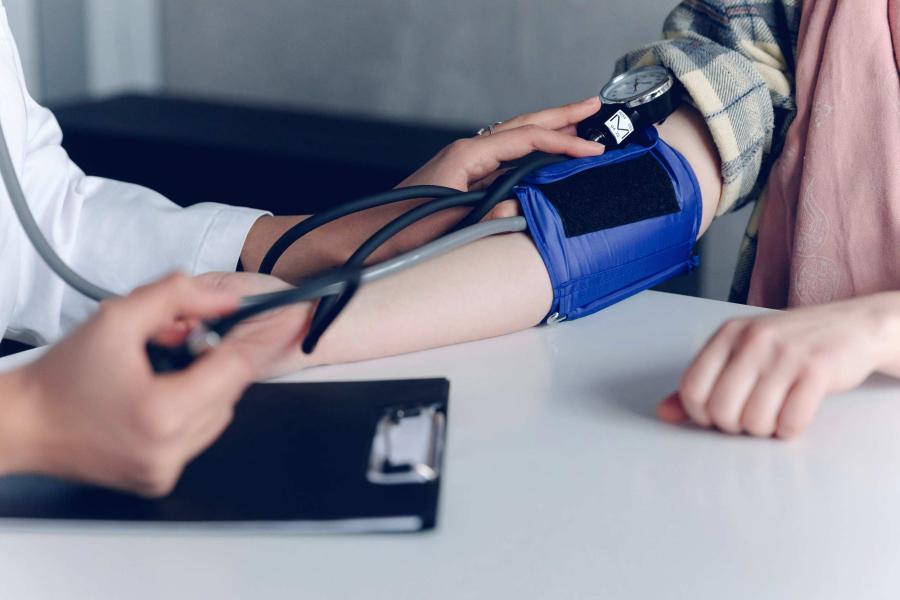Finan said there is encouraging research now that psilocybin may help treat depression, which can be associated with chronic lower back pain.
“The data over the last several years about the effects of psilocybin on depression have really been eye-opening,” he said. “Better than we typically see in pharmaceutical or psychotherapeutic interventions.”
The new research, funded by the National Institutes of Health, is a collaboration between UVA and Johns Hopkins University, where Finan previously worked. The Center for Psychedelic and Consciousness Research at Johns Hopkins will host the trials.
Finan explained that chronic pain can be both pernicious and long-lasting, while also being hard to pin down for treatment.
“In the case of chronic lower back pain, an MRI can show clear pathology in the spine,” he said. “Other times, and really quite often, patients will report they are experiencing real chronic lower back pain that’s not viewable by techniques like MRI. It’s not to diminish the pain people are reporting or to suggest they’re making it up. The resolution of our techniques does not always align with the reality of people’s pain.”
One reason for the inconsistent test results, he said, may be that the central nervous system becomes “sensitized.” Neurons that fired when an injury took place can continue firing long afterward – perhaps for a very long time.
The research team is evaluating whether psilocybin can benefit patients with chronic lower back pain and depression by targeting the emotional aspects of pain, which are governed by the central nervous system, Finan said.
The Institutional Review Board study, approved by the Food and Drug Administration, will enroll two groups of 20 patients starting in February. One group will receive the psilocybin and the other a placebo treatment for comparison.
While Finan, who is associated with the UVA Brain Institute, believes the research thus far is promising, Finan strongly cautions pain sufferers against psilocybin treatment outside of a medical setting.
“The recommendation is that patients should not be self-administering these substances,” he stressed. “The best way to proceed is under the guidance of licensed medical personnel.”
For information about the study and eligibility to participate, email finan@virginia.edu.






